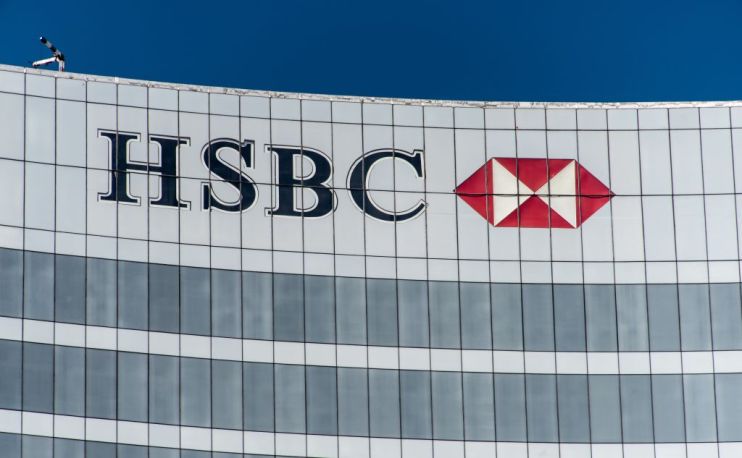US prosecutors overlooked HSBC sanctions breaches in exchange for help targeting Huawei

US prosecutors overlooked violations of US sanctions against Iran by HSBC in exchange for cooperation with an investigation into Huawei, lawyers for the Chinese tech giant said.
“The government agreed to overlook HSBC’s continued misconduct, electing not to punish the bank, prosecute its executives or even extend the monitorship,” Huawei’s lawyers wrote in a 10 February letter filed in US District Court in New York. The letter was seen by Reuters on Tuesday.
In return, “HSBC agreed to cooperate with the government’s efforts to depict Huawei as the mastermind of HSBC’s sanctions violations and supply witnesses to the government’s stalled investigation of Huawei,” the lawyers wrote.
In an indictment unsealed last year, Huawei was charged by the US with bank fraud and violating sanctions against Iran. Federal prosecutors added more charges to the case this month.
The indictment accuses Huawei and its chief financial officer, Meng Wanzhou, of conspiring to defraud HSBC and other banks by misrepresenting Huawei’s relationship with Skycom Tech Co, a suspected front company that operated in Iran.
The claims by Huawei relate to a five-year deferred prosecution agreement (DPA) HSBC agreed to in 2012 for disregarding rules designed to prevent money laundering and processing transactions that violated sanctions.
Huawei’s lawyers say that, after HSBC obtained the DPA, the bank continued to process Iran transactions through its New York branch and concealed the conduct from a court-appointed monitor. It also failed as late as 2017 to implement compliance measures it had promised in order to secure the agreement.
“The Justice Department determined that HSBC met all of its obligations, including its sanctions obligations, under its 2012 deferred prosecution agreement,” the bank said in a statement.
Huawei has pleaded not guilty. Meng, the daughter of Huawei’s founder, was arrested in Canada on a US warrant in connection with the case. She has said she is innocent and is fighting extradition.
Separately, a US judge today rejected a constitutional challenge by Huawei to a US law that restricted its ability to do business with federal agencies and their contractors.
US District Judge Amos Mazzant ruled in favor of the US, concluding that congress acted within its powers by including the restriction in the National Defense Authorization Act, which also targeted Chinese company ZTE Corp.
A spokesman for federal prosecutors declined to comment.